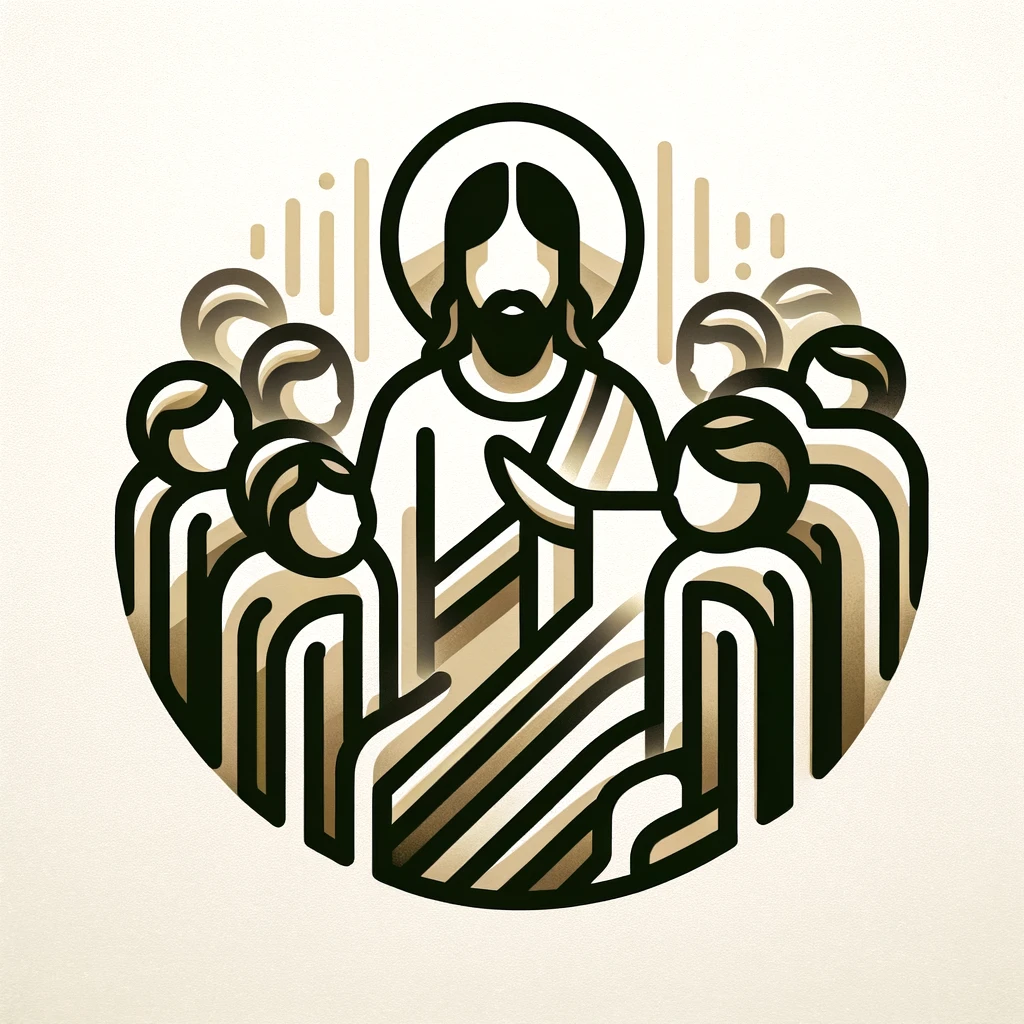Jesus: “In Numbers chapter 1, verse 5, we find the Lord instructing Moses to take a census of the whole Israelite community by their clans and families, listing every man by name, one by one. And for this task, representatives from each tribe were appointed.”
Matthew: “Who were these representatives, and what was their role?”
Jesus: “The representatives, one from each tribe, were leaders among their people. Their role was to assist Moses and Aaron in the census, ensuring that each man was counted according to his lineage and tribe. This was crucial for organizational and spiritual purposes.”
Philip: “Why was it important to list every man by name?”
Jesus: “It was a way of acknowledging each individual’s presence and importance within the community. By listing them by name, it reinforced their identity and role within God’s covenant people. It also had practical implications for military organization, land allocation, and religious duties.”
Bartholomew: “Does this principle of individual recognition apply to us, in how we see each other within our community?”
Jesus: “Absolutely, Bartholomew. Recognizing each person by name emphasizes the value of every individual in the eyes of God. Just as each Israelite was important for the community’s integrity and purpose, so is every person important in the community of faith.”
Simon the Zealot: “It shows a meticulous and organized approach to leadership. Does this reflect how we should manage responsibilities within our communities?”
Jesus: “Indeed, Simon. It teaches us the importance of order, responsibility, and the recognition of each person’s role within a community. Leadership involves understanding the people you are leading, acknowledging their contributions, and guiding them according to God’s will.”

